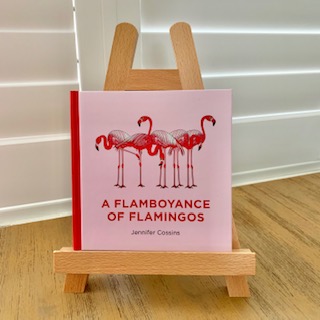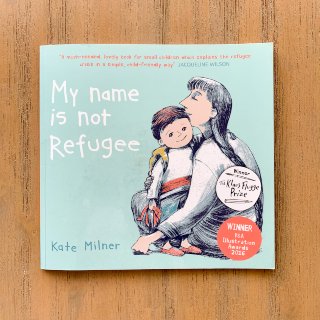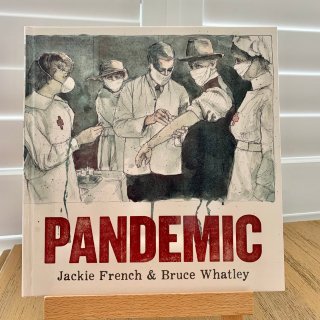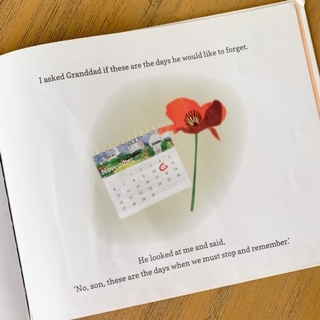NSW English Syllabus Outcomes
These are the Syllabus Outcomes for the New South Wales (NSW) English Syllabus K-6.
The lesson plans on the Teaching with Picture Books website are aligned with these outcomes.
English Syllabus Outcomes (Kindergarten):
- ENe-1A: Communicates with peers and known adults in informal and guided activities demonstrating emerging use of appropriate conventions.
- ENe-2A: Uses vocabulary, grammatical features, punctuation marks, and spelling strategies appropriate to the type of text when composing simple texts.
English Syllabus Outcomes (Year 1):
- EN1-9B: Describes characters, settings, and events in narratives and discusses what they communicate about social experiences.
- EN1-11D: Responds to and composes a range of texts that express viewpoints of the world similar to and different from their own.
English Syllabus Outcomes (Year 2):
- EN2-10C: Thinks imaginatively and creatively about familiar topics, ideas, and texts when responding to and composing texts.
- EN2-4A: Draws on an increasing range of skills and strategies to fluently read, view, and comprehend a range of texts on less familiar topics.






